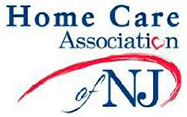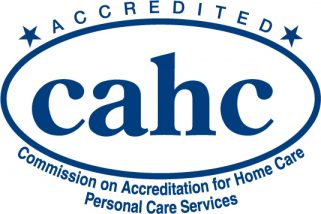In the United States, about 750,000 people see a doctor regarding hernias every year. However, not everyone who suffers from hernias actually seeks medical treatment. Recent estimations put the number of untreated hernias in the millions. During National Hernia Awareness Month, we want to raise public awareness about this issue. Hernias can cause pain and prevent people from engaging in daily activities. Ignoring symptoms can lead to worsening conditions.
What is a Hernia
Human abdominal muscles help hold our internal organs in place. A hernia occurs when organs or other tissue bulges through a weakness or hole in the muscle layer. The danger comes when blood flow in the intestine is blocked. Lack of blood flow causes severe pain and requires immediate medical attention.
What Causes Hernias?
Hernias occur when there is pressure combined with weakness or opening in the muscle or fascia. Stress in the abdomen or groin pushes an organ or tissue through the weak spot in the muscle wall. For some people, muscle weakness is present at birth. For others, muscle weakness occurs later in life.
The pressure that ultimately causes the hernia can come from various sources:
- Lifting heavy objects
- Straining on the toilet
- Severe coughing or sneezing
Risk Factors
Anything that weakens the abdominal muscle walls increases the risk of a hernia.
- Obesity
- Advanced age
- Previous abdominal surgery
- Pregnancy
- Poor nutrition
- Smoking
Treatment
Medical interventions for hernias typically involve surgery. However, with advancements in surgical procedures, c
Preventing Hernias
You can take precautionary steps to reduce your risk of developing a hernia. A healthy diet and exercise go a long way in preventing hernias. Obesity is a risk factor due to the added pressure from extra body fat. Following a healthy diet plan rich in fiber helps maintain a healthy weight and supports regular bowel movements to lessen the strain on the toilet.
Lift carefully! When picking up heavy objects, bend at the knees and use leg muscles to lift. Don’t use your torso to do the heavy lifting. Know your limits. If an object is too heavy, ask for help. Choose low-impact exercises like yoga or aerobics. However, avoid jumping and squats, since these can strain the abdominal muscles. By taking simple precautions, you can hopefully avoid hernias.
A Companion Aide or Certified Homemaker-Home Health Aide can help Seniors Citizens foster a healthy diet and safe exercise. At Anita’s Angels, Inc., we are “Families Helping Families.” Call 908-788-9390 to learn about our services and how our family can assist your family!




